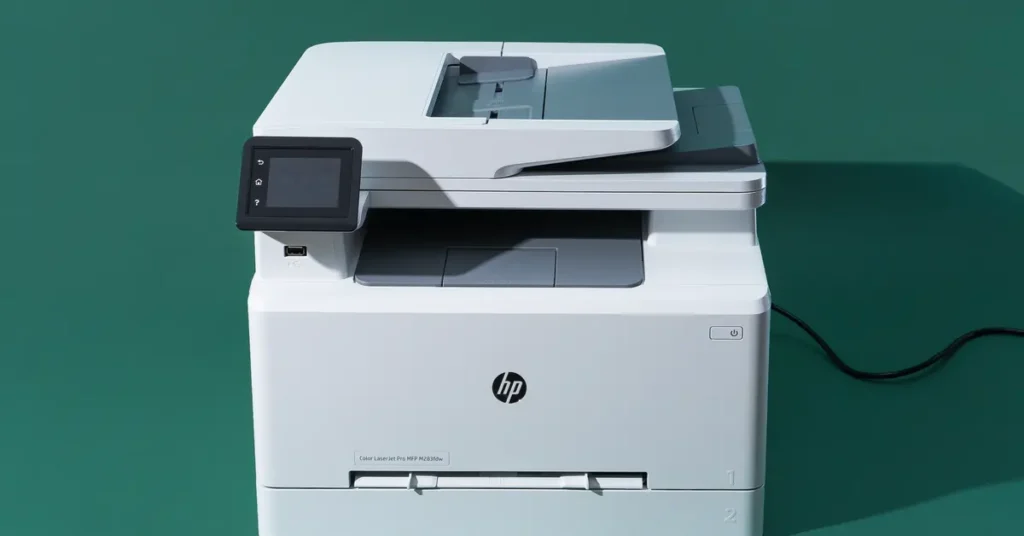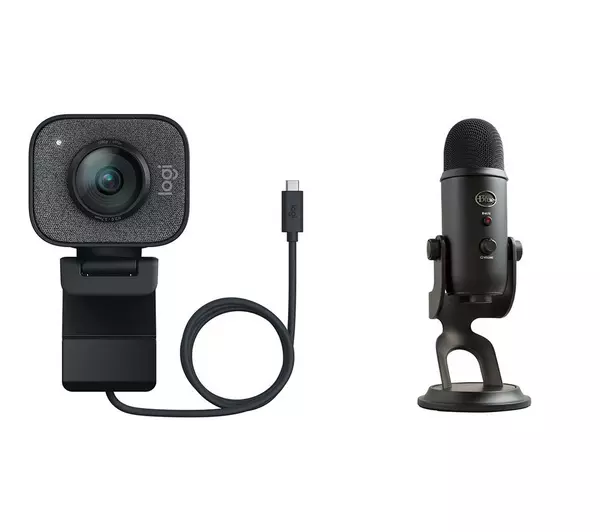Tech World: 10 Best Essential Tech Gadgets Every Student Should Own.

Title: 10 Essential Tech Devices Every Student Should Own
As technology continues to advance, students are finding it increasingly beneficial to integrate various tech devices into their academic lives. These devices not only enhance productivity but also contribute to a more efficient and enjoyable learning experience. Here’s a list of 10 must-have tech devices for students:
1. Laptop, an important tech device:

A laptop is the backbone of a student’s tech arsenal. It provides the flexibility to work on assignments, research, and collaborate with peers. Choose a laptop that suits your needs, whether it’s a lightweight ultrabook for portability or a powerful machine for resource-intensive tasks like graphic design or coding.
2. Tablet, another important tech device:

A tablet can be a versatile addition to your tech collection. It’s perfect for reading e-books, taking notes, and consuming multimedia content. Consider a tablet with stylus support for handwritten notes and annotations, making it a valuable tool for both study and leisure.
3. Smartphone, a necessity in the tech world:

While most students already own a smartphone, it’s worth mentioning its importance. Smartphones are not just for communication; they serve as personal organizers, research tools, and can run various educational apps. Make sure to leverage productivity apps to stay organized and on top of your schedule.
4. Noise- Canceling Headphones:

Whether you’re studying in a noisy dorm or a bustling coffee shop, noise-canceling headphones can help create a focused environment. These headphones are especially useful during study sessions, allowing you to concentrate without being disturbed by external noises.
5. Portable External Hard Drive:
Backing up your important files is crucial, and a portable external hard drive provides a convenient solution. Use it to store backups of your assignments, projects, and research materials. This ensures that your data is safe in case of laptop malfunctions or accidents.
6. Printer:

While many academic tasks can be completed digitally, having a reliable printer is still beneficial. It’s handy for printing assignments, lecture notes, or any required hard copies. Opt for a compact and cost-effective printer suitable for a student’s occasional printing needs.
7. Fitness Tracker:
Balancing academic responsibilities with a healthy lifestyle is vital. A fitness tracker can help you monitor your physical activity, sleep patterns, and overall well-being. Staying active and maintaining a good sleep routine contributes to improved focus and productivity .
8. Graphing Calculator:

For students in math, science, or engineering fields, a graphing calculator is a must. It can handle complex calculations, graphing functions, and is often required for exams. Ensure that you’re familiar with your institution’s calculator policy and invest in one that meets the requirements.
9. Power Bank:

With the constant use of electronic devices, a power bank is a lifesaver. It ensures that your smartphone, tablet, or any other portable device doesn’t run out of battery when you need it the most, especially during long study sessions or when you’re on the go.
10. Webcam and Microphone:

As online learning becomes more prevalent, having a good webcam and microphone is essential. They contribute to a smooth virtual learning experience by ensuring clear video and audio during online classes, meetings, and collaborative projects.
In conclusion, these tech devices can significantly enhance a student’s academic journey by providing convenience, efficiency, and versatility. When selecting these devices, it’s important to consider your specific needs and budget constraints. By incorporating these tools into your student life, you’ll be better equipped to navigate the challenges of academia and maximize your learning potential.
Technology has become an integral part of education, playing a vital role in shaping the academic landscape for students. One of its key contributions is the democratization of information. The internet provides students with access to an extensive range of educational resources, allowing them to explore diverse subjects and deepen their understanding beyond traditional classroom materials.
Digital tools and platforms also offer personalized learning experiences. Adaptive learning software tailors content to individual student needs, providing targeted support and challenges. This adaptability accommodates different learning styles and paces, fostering a more inclusive and effective educational environment.
Collaborative opportunities facilitated by technology are paramount for students’ development. Virtual classrooms, online forums, and collaborative platforms enable students to engage with peers globally. This not only enhances their social and communication skills but also exposes them to diverse perspectives, preparing them for a connected and interdependent world.
Moreover, technology prepares students for the demands of the modern workforce. Proficiency in digital tools and technological literacy are increasingly essential skills. Exposure to coding, data analysis, and multimedia creation equips students with a competitive edge, as these skills are in high demand across various industries.
In terms of efficiency, technology streamlines administrative tasks for both students and educators. Learning management systems, electronic submissions, and online grading systems simplify the educational process, allowing more time for focused learning and teaching interactions.
Remote learning, especially relevant in recent times, demonstrates the flexibility that technology brings to education. Students can access educational materials from anywhere, promoting continuous learning and accommodating diverse schedules and circumstances.
In conclusion, the importance of technology for students lies in its capacity to broaden access to knowledge, personalize learning experiences, foster collaboration, and equip students with the skills needed for the evolving landscape of the future. Embracing technology in education is not just a convenience but a necessity for preparing students to thrive in a digitally driven world.













